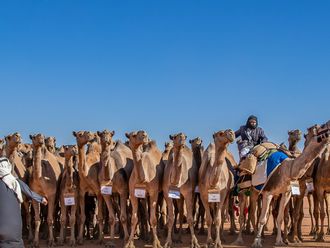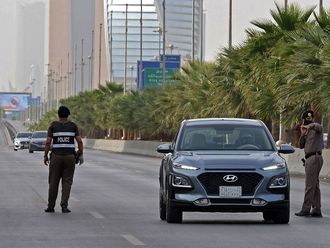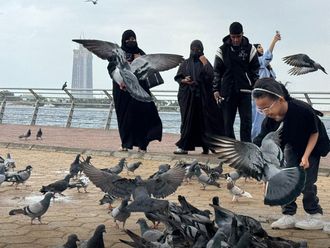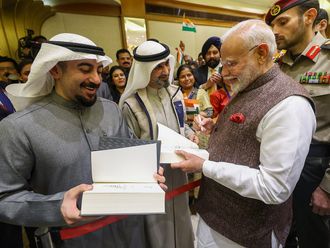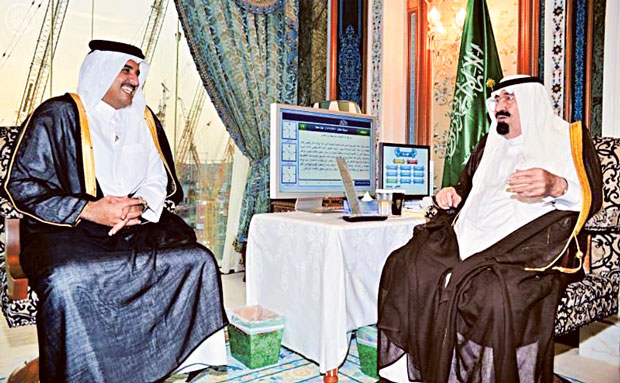
Manama: A meeting of the Gulf Cooperation Council (GCC) foreign ministers scheduled in the Qatari capital Doha on Monday could be postponed amid reports of lingering differences between member states.
The foreign ministers of Bahrain, Kuwait, Oman, Qatar, Saudi Arabia and the United Arab Emirates were due to review the final preparations for the annual GCC summit of the member leaders in Doha on December 9.
However, the ministers’ meeting could be postponed for two or three days for further coordination and greater consultations in order to ensure its success, Kuwaiti daily Al Nahar reported on Sunday, citing diplomatic sources it did not name.
The six capitals are keen on holding the meeting, particularly following the visits last week by Kuwait’s Emir Shaikh Sabah Al Ahmad to Qatar, Bahrain and the UAE, the sources added. Kuwait currently holds the rotating presidency of the Gulf loose alliance set up in 1981.
However, reports that surfaced before the weekend about a breakthrough in the GCC relations following Shaikh Sabah’s tour have not been officially confirmed and the decisions by Bahrain and the UAE to pull out of the 2015 men’s World Handball Championships in Qatar became the latest indication of the tension that persists within the GCC.
The diplomatic crisis, the worst since the GCC was established, became public in March when Bahrain, Saudi Arabia and the UAE recalled their ambassadors from Qatar to protest against Doha’s policies that they described as non-compatible with the general principles and goals of the Gulf alliance.
The three countries said Qatar interfered in their domestic affairs and supported groups that were hostile to them.
Doha, however, denied the claims and insisted on its commitment to the Gulf alliance. An accord was reached in April to work on overcoming the differences and an ad-hoc committee, made up of representatives from all the member states, was set up to monitor the situation.
Its work and reports have been kept secret despite the public claims and counterclaims about breakthroughs in the deadlock and the reinstatement of the ambassadors.
In case of non-agreement, the Doha summit could be postponed or the level of representation could be low, reports said.
In the Omani capital, Muscat, the foreign minister Yousuf Bin Alawi said that the summit should be held as planned.
“We as a regional international group must hold the summit at its venue and at the scheduled date despite our particular feelings because differences can be settled only through meetings and dialogues,” the minister said in an interview published by the London-based Al Sharq Al Awsat on Sunday.
“We need to look forward and not dwell on the past. We as states have material interests that we uphold … If a brother makes a mistake, you may question him or blame him, but you do not sentence him to death,” the minister said.


